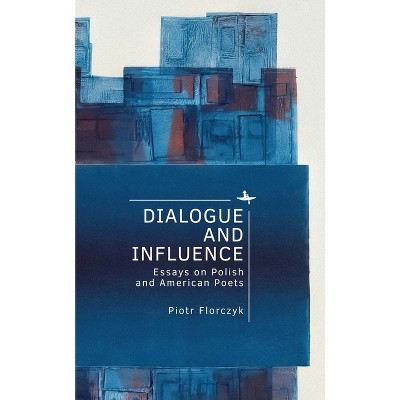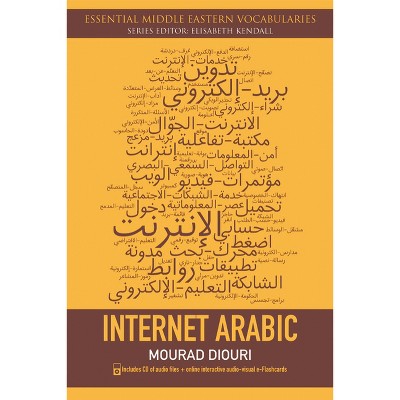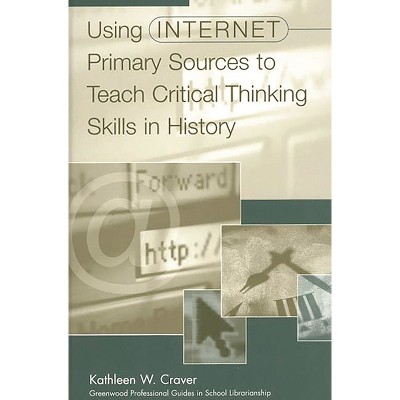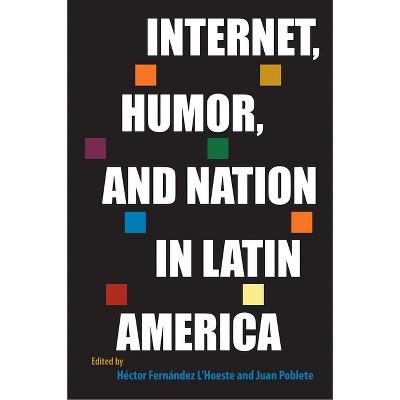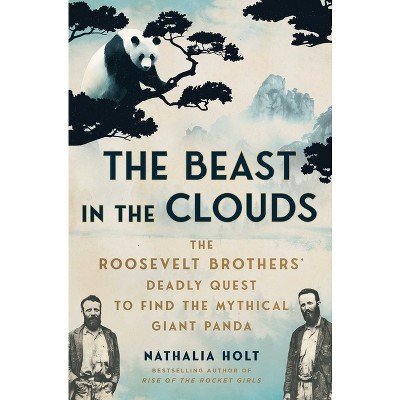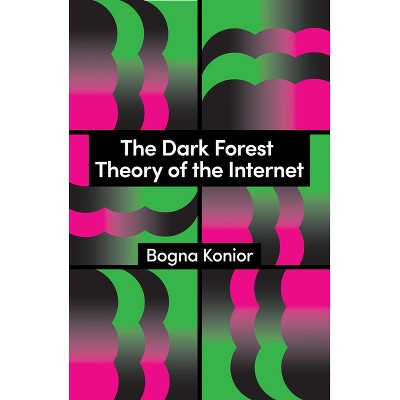Sponsored

Dialogue on the Internet - by Richard Holt (Hardcover)
In Stock
Sponsored
About this item
Highlights
- Richard Holt draws on his extensive experience in discourse analysis and Web design to present a picture of the Internet as a potentially powerful tool of civic discourse in the third millennium.
- About the Author: RICHARD HOLT is Associate Professor in the Department of Communication at Northern Illinois University.
- 272 Pages
- Language + Art + Disciplines, Communication Studies
Description
About the Book
Richard Holt draws on his extensive experience in discourse analysis and Web design to present a picture of the Internet as a potentially powerful tool of civic discourse in the third millennium. Beginning with background on two of the Internet's most prevalent communication forms, email discussion messages and Web pages/sites, the book introduces the concepts of monologism and dialogism. Holt advocates a method of discursive analysis called dual reading, in which Internet utterance is analyzed first monologically and then, dialogically. This method is demonstrated by analyzing email discussions that deal with such varied topics as media, espionage, sexual identity, presidential politics, hate speech, and hate crimes.
This volume contains a multidisciplinary approach, involving a wide range of specializations, from computer science to philosophy. It will appeal to students, teachers, practitioners, and lay readers who are interested in Internet communication, politics, and popular culture. In contrast to many of the doom and gloom accounts of the deficiencies of the Internet, it offers a hopeful vision of the Internet as a means of civic discourse.
Book Synopsis
Richard Holt draws on his extensive experience in discourse analysis and Web design to present a picture of the Internet as a potentially powerful tool of civic discourse in the third millennium. Beginning with background on two of the Internet's most prevalent communication forms, email discussion messages and Web pages/sites, the book introduces the concepts of monologism and dialogism. Holt advocates a method of discursive analysis called dual reading, in which Internet utterance is analyzed first monologically and then, dialogically. This method is demonstrated by analyzing email discussions that deal with such varied topics as media, espionage, sexual identity, presidential politics, hate speech, and hate crimes.
This volume contains a multidisciplinary approach, involving a wide range of specializations, from computer science to philosophy. It will appeal to students, teachers, practitioners, and lay readers who are interested in Internet communication, politics, and popular culture. In contrast to many of the doom and gloom accounts of the deficiencies of the Internet, it offers a hopeful vision of the Internet as a means of civic discourse.Review Quotes
?[M]any will find value in Holt's four-category approach to interpreting online dialogue; the categories are "other meaning," "other conception," "effort at sharing," "contesting ownership." Recommended. Large collections supporting research in communication; upper-division undergraduates through faculty.?-Choice
?Holt (communication, Northern Illinois U.) analyzes civic discourse on the Internet from the perspective of "dialogism," which sees meaning as established by the struggle of representations conducted between that write, read, and represent written messages. He explains the development of "dialogism" from the standpoints of five intellectual traditions (Vico, pragmatism, phenomenology, Vygotsky, and Bakhtin) and contrasts it with "monological" perspectives.?-Reference & Research Book News
"ÝM¨any will find value in Holt's four-category approach to interpreting online dialogue; the categories are "other meaning," "other conception," "effort at sharing," "contesting ownership." Recommended. Large collections supporting research in communication; upper-division undergraduates through faculty."-Choice
"Holt (communication, Northern Illinois U.) analyzes civic discourse on the Internet from the perspective of "dialogism," which sees meaning as established by the struggle of representations conducted between that write, read, and represent written messages. He explains the development of "dialogism" from the standpoints of five intellectual traditions (Vico, pragmatism, phenomenology, Vygotsky, and Bakhtin) and contrasts it with "monological" perspectives."-Reference & Research Book News
"[M]any will find value in Holt's four-category approach to interpreting online dialogue; the categories are "other meaning," "other conception," "effort at sharing," "contesting ownership." Recommended. Large collections supporting research in communication; upper-division undergraduates through faculty."-Choice
About the Author
RICHARD HOLT is Associate Professor in the Department of Communication at Northern Illinois University.Shipping details
Return details
Trending Non-Fiction






